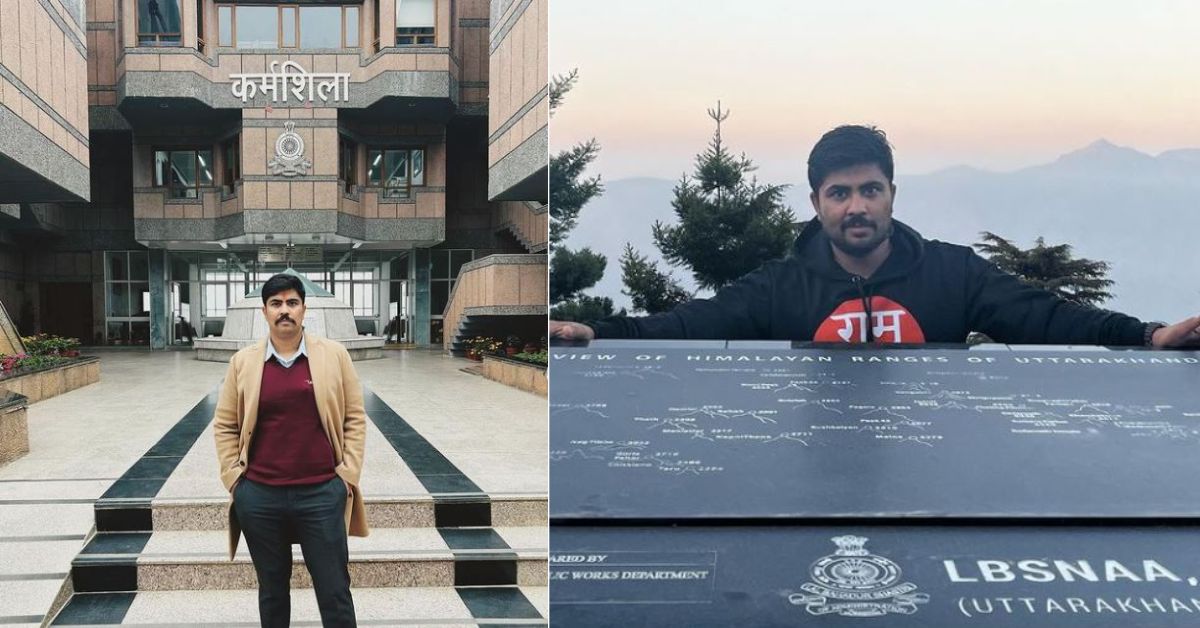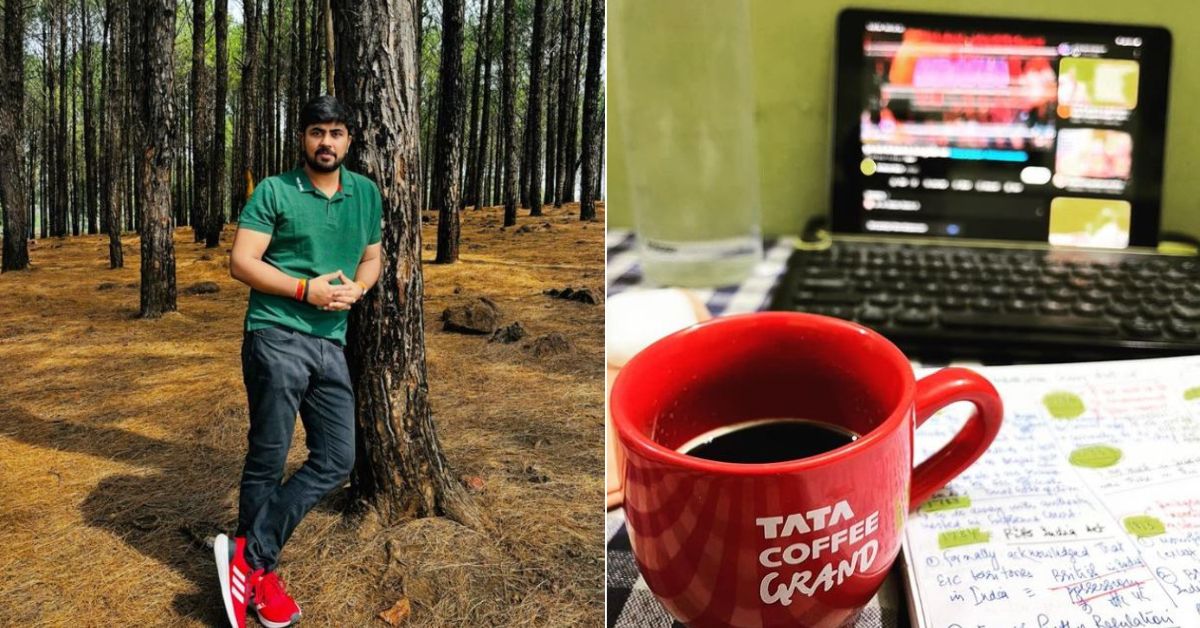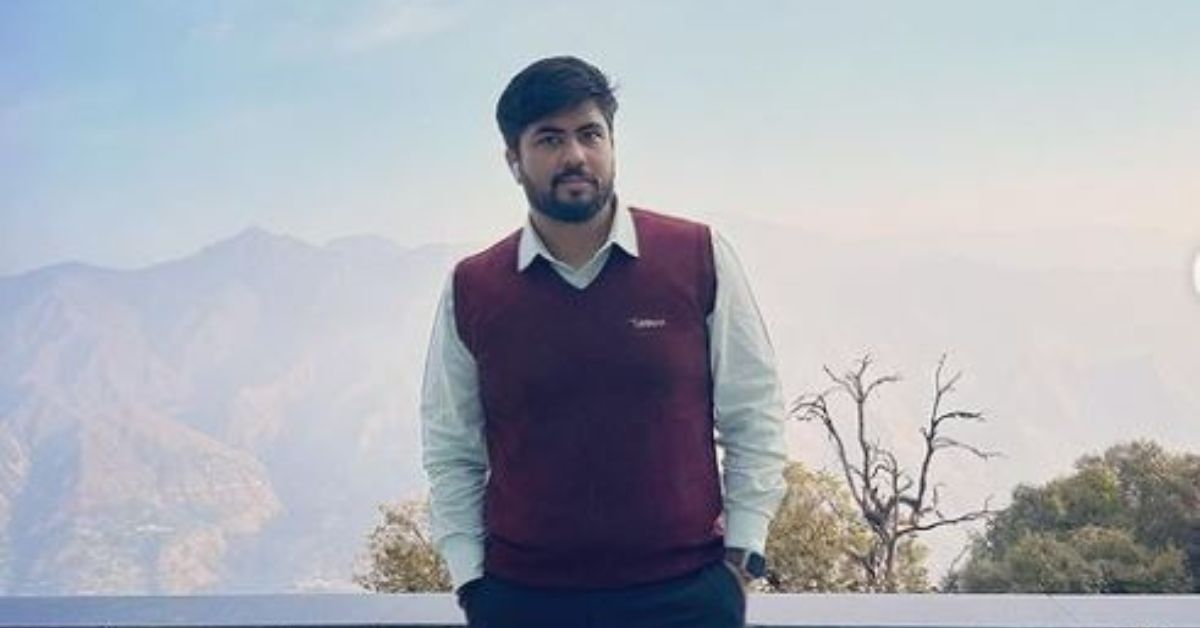“No one in the real interview will ask you to propose a glass of water. Many YouTube Shorts go viral but such irrelevant questions are never asked in real interviews. Some people and institutes are making a mockery of the system. But mock interviews are nowhere close to real interviews,” says IAS Aaditya Pandey.
“The interviewer panel comprises five experts in their 50s and 60s. They have a combined experience of five times our ages. Except for a few coaching institutes, several others make a fool out of aspirants, like asking them to propose a glass of water and what to do if this was their last day of life. Do not blindly rely on such videos. It cannot compete with the experience of the board,” he adds.
After clearing Prelims and Mains, candidates are required to go through the final stage of the UPSC (Union Public Service Commission) exam — the interview round. The goal of the interview and personality test is to evaluate their aptitude, ability to interact with people, and interest in current affairs.
We sat down with Aaditya, who secured 190 marks in the interview round, to understand how to prepare for the UPSC interview, and spare candidates from falling into the trap of mock interviews.

From being a mischievous kid to an IAS officer
Aaditya was born into a humble family in Vishunpur Pakri village in Patna, Bihar. Like most kids his age, he says he was quite impish. “Once, one of my teachers came to our home and straight away went to complain to my baba (father). He said if I ever became serious about my studies, he would shave his moustache,” he laughs.
Growing up, Aaditya went on to pursue electronics engineering from Lovely Professional University, Punjab, and later on pursued higher education in business administration from IIT Roorkee. After working for two years in a private bank, he eventually quit his job to prepare for UPSC in 2020.
What shaped his vision was a conversation with a bureaucrat at IIT Roorkee. “Coming from Bihar, I knew the charm that comes with being an IAS officer. But you cannot delve into the service just because of the charm. I was inspired to become an IAS after speaking to a bureaucrat who was working with the railway services. I learned about the ins and outs of UPSC from him and my peers,” he says.
It took him two failed attempts to finally clear UPSC CSE in the 2022 examination with an impressive All India Rank of 48. Currently, he is posted as an assistant collector in Ranchi, Jharkhand.
Dos and don’ts for UPSC exam and interview
Based on his experience, Aaditya shares five mistakes and learnings to prepare for the examination as well as the personality test.
1. Do not attempt fewer questions
“In my first attempt, I opted for only 57 to 58 questions whereas 64 to 66 questions in the second attempt. I missed the cut-off by 2.5 marks in the second attempt. So, I made sure to attempt 84 questions in my third attempt, which helped me score better,” he shares.
2. Prepare short notes
Sharing changes that he made in his strategy on the third attempt, Aaditya says, “I prepared notes for most of the subjects. Although note-making was additional work, it helped me understand concepts better. It helps to save time instead of checking source material repeatedly. It also helps for effective revision.”

“I also did not pressurise myself much. If I did not wish to study, I would sit in a corner with my coffee mug, close my eyes, and recall my notes. If I missed some point, then I would immediately refer to my notes,” he adds.
Aaditya suggests aspirants make notes only after first reading. “I would make notes majorly for Acts and rules. You can make notes by summarising the topic. Make sure that you do not end up writing another book. Final notes should be 33 percent of all topics,” he says.
3. Know your DAF well
Aaditya says the Detailed Application Form (DAF) is very crucial for the personality test round. “After Mains, candidates need to fill out DAF which contains details like hometown, date of birth, hobbies, and interests. Do not fill them recklessly as initial questions can be framed from DAF,” he adds.
“Interviews are very subjective. The first question asked in the interview determines the interview flow and whether you will be able to mould it in your favour. If you have a command of your DAF, then you will be able to sail through the interview,” he adds.
In his DAF, Aaditya mentioned listening to Ramcharitmanas (an epic poem that contains the deeds of Lord Rama) and watching Korean dramas as his interests. This framed his interview round.
“I was asked about the similarities and differences between ancient values in the context of Indian and Korean societies. Another question was based on the division of Korea and its war history. Later on, we spoke on the Russia and Ukraine war, which I did not mention in my DAF,” he points out.

“My interviewer was a war veteran himself. So, you need to understand the interest of the interviewer as well,” he adds.
4. Be yourself
A few people warned Aaditya for his blunt and outrageous attitude. “They said it would cost me final marks and asked me to tone down my personality. Only a few mentors supported me. There is nothing to worry about if you express yourself properly and your views are backed with logic, moral, ethical, and legal support,” he says.
Aaditya believes aspirants must seek one-on-one interviews with a known person who can really assess their personality and attitude in order to help build confidence for the real interview.
5. Find your salvation in chaos
What kept Aaditya motivated throughout his preparation journey and two failed attempts was his ability to calm himself. “Whenever I doubted myself or felt frustrated, I’d turn to listening to Ramcharitmanas, which was a pillar of self-motivation for me. Similarly, aspirants can find their own ways of keeping calm with music or meditation as such,” he adds.
Edited by Pranita Bhat; All photos: IAS Aaditya Pandey.
No comments:
Post a Comment